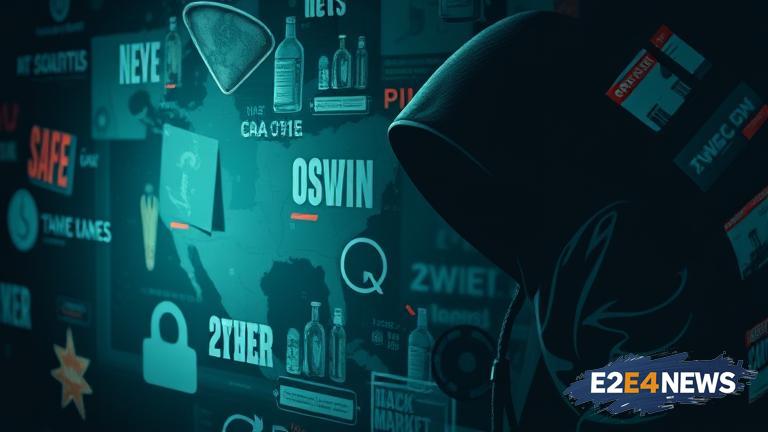The black market, a realm of illicit activities, has long been a subject of fascination and concern. This underground economy thrives on the exchange of goods and services outside the purview of legal frameworks, often involving criminal organizations and individuals. The black market’s existence is a testament to the human desire for prohibited or scarce commodities, which can range from narcotics and firearms to counterfeit products and stolen goods. The criminal case of the black market is multifaceted, involving not only the perpetrators but also the consumers who drive demand. Law enforcement agencies face significant challenges in combating these crimes due to their clandestine nature. The use of encryption, secret networks, and clandestine meetings makes it difficult for authorities to track and apprehend those involved. Furthermore, the black market operates on a global scale, with international criminal syndicates exploiting vulnerabilities in legal systems and border controls. The economic impact of the black market is substantial, with billions of dollars being laundered and invested in legitimate businesses, thereby corrupting the formal economy. Moreover, the social consequences are equally dire, with the black market contributing to increased crime rates, violence, and public health issues. For instance, the illegal drug trade is linked to higher rates of drug abuse, overdoses, and the spread of infectious diseases. The black market also undermines governmental authority and the rule of law, as it creates parallel systems of governance and dispute resolution. In many cases, criminal organizations offer ‘protection’ services to local businesses, further entrenching their influence. The digital age has seen the rise of online black markets, facilitated by cryptocurrencies and the dark web, making transactions more anonymous and difficult to trace. Despite these challenges, law enforcement and international cooperation have led to significant crackdowns on black market operations. The use of advanced technologies, such as AI and data analytics, is being explored to better understand and disrupt black market networks. Educational campaigns and community outreach programs are also crucial in reducing demand for black market goods and services. However, the root causes of the black market, including poverty, inequality, and lack of opportunities, must be addressed through comprehensive social and economic policies. The criminal case of the black market serves as a reminder of the complexities of human society and the need for a multifaceted approach to combatting crime. It involves not just law enforcement, but also social, economic, and political reforms. As the world becomes increasingly interconnected, the fight against the black market requires international cooperation and a commitment to transparency and accountability. In conclusion, the black market is a symptom of deeper societal issues, and its eradication will require a concerted effort from governments, civil society, and individuals. By understanding the intricacies of the black market and its implications, we can work towards creating a more just and equitable society. The journey ahead will be challenging, but with determination and cooperation, it is possible to dismantle the structures of the black market and build a safer, more prosperous world for all. The importance of this issue cannot be overstated, as it affects not only the economy and public safety but also the moral fabric of our communities. Therefore, it is imperative that we continue to explore new strategies and technologies to combat the black market, always keeping in mind the need to protect human rights and uphold the principles of justice.
